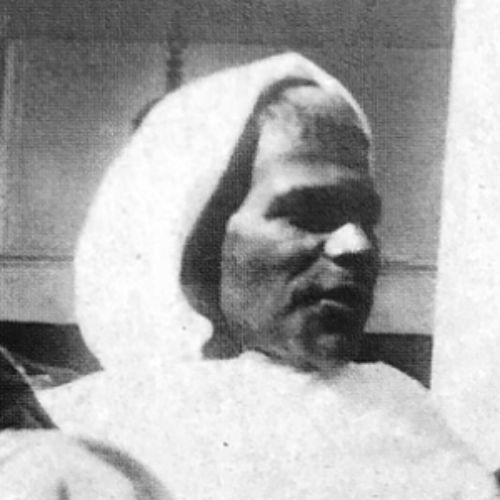Early Life
Shankarrao Deo was born in 1895 in a Marathi household. He was educated at the Bhave School, Pune; Baroda College; St. Xavier’s College, Mumbai and Bombay University.
As a young boy, Deo was inspired by Lokmanya Tilak’s nationalist movement and the writings of Ramakrishna Paramahamsa, Swami Vivekananda and Swami Ramatirtha.
Role in India’s Independence Movement
Deo was a Gandhian who marked his lifelong association with Gandhi through the Champaran Satyagraha. He participated in the Bombay Home Rule movement, protests against Simon Commission, Salt Satyagraha and Quit India movement. Deo joined the Indian National Congress Party and rose through the ranks. In 1920 he became the first Secretary of the Maharashtra Pradesh Congress Committee and went on to become the General Secretary of the Party between 1946 and 1950.
Contribution to Constitution Making
Deo became a member of the Assembly after being elected from Bombay. He was a part of key committees in the Assembly and actively took part in debates around national language and adult franchise.
Later Contributions
Post-independence, Deo did not take up any public positions. However, he worked closely with the Bombay Congress and movements around creating a Marathi state.
- Deo did not want India to adopt a national language.
- Adult franchise, he believed, was crucial in ensuring a peaceful and democratic progress of India.
- He was critical of the ‘lack in elasticity’ of the Constitution. He wanted conventions and future practices to decide certain constitutional outcomes.

